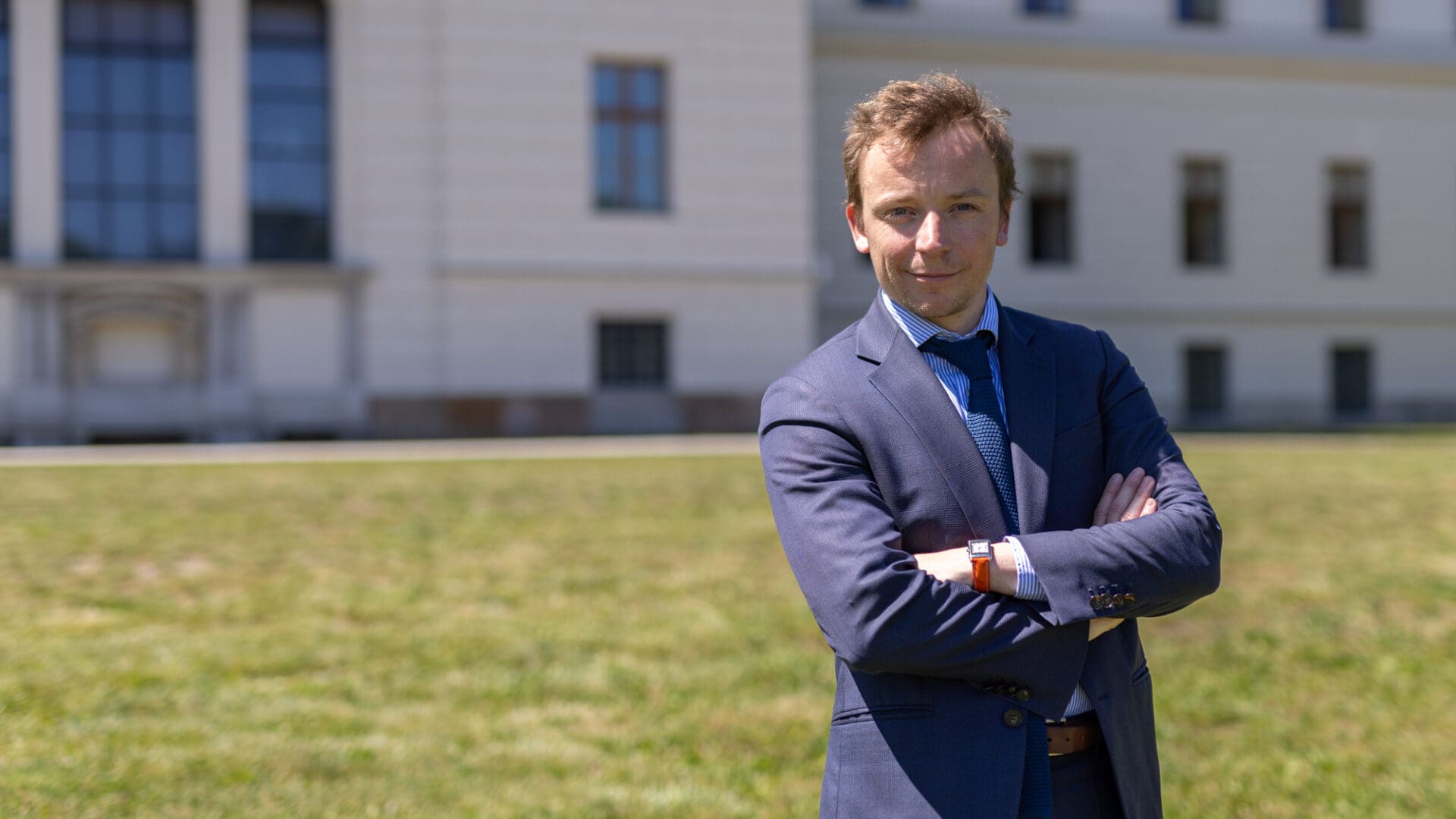Charles Sapin, a French journalist and writer specializing in conservative and nationalist forces and movements in France and Europe, joined Le Point’s political section in 2022. He previously contributed to Le Figaro, Le Parisien, and L’Opinion. Recently, Sapin attended the Ludovika Festival, organized by the National University of Public Service. During the festival, he gave a brief interview to Hungarian Conservative, sharing his insights on the upcoming European elections.
***
We are less than a month away from the European Parliament elections, which many have labelled a turning point. Do you think the expected right-wing shift will materialize, or are we more likely to see a mere change in the centre of gravity?
When you look at the polls, it’s incredible, because you see a very strong support behind nationalist and conservative forces all across the continent. In France, National Rally is first in the polls, FPÖ in Austria, PVV in the Netherlands, Fratelli d’Italia, Fidesz and so on. If polls are right, the two nationalist groups (European Conservatives and Reformists, Identity and Democracy – ed.) in the European Parliament will be the two groups with the biggest dynamics. But that will not be enough to win a majority. Even if nationalists wanted to make an alliance—this is not the case today, because they are very different in many ways—, that wouldn’t be enough. They need the European People’s Party (EPP) to have majority and the EPP doesn’t want to work with half of the nationalists in Europe, especially populists from ID. So my answer is no, they will not succeed in making the long awaited right-wing shift, but they will have a big dynamic that will change a lot in the new European Parliament because the centre of gravity will be much more on the right than it is now. When you have a leftist legislation, and EPP, ID and ECR altogether vote against it, the draft will not pass. It’s a very important difference. The past five years were dominated by the Green Deal. Such legislation would not have passed if two strong conservative groups had been present in the EP.
Many conservatives hold the view that even if right-wing parties were to win big, Brussels cannot be changed.
I think it’s not true. The European Parliament, the European institutions, all of them, are built to resist political change. They are built to have continuity. So radical change is impossible. I agree with this idea, but these institutions are based on demography. The political change, therefore, is very difficult, needs a lot of time, a lot of dynamics, but it’s not impossible. Not in the next European Parliament, but maybe in five or ten years, we could have a real right majority.
The Brussels institutions and administration will be forced to change,
because at the end, it’s the electorate, it’s the European people who decide.
We have seen many times before that the right-wing forces performed well in the polls but that was not mirrored in the actual elections, with Marine Le Pen’s performance in the 2022 French presidential elections serving as a prime example. Many believe this is largely due to the demonizing campaigns waged by the left. How could this election be different?
I’ll take your example to answer this question. In the first round of the French presidential election, the polls indicated a close race between Emmanuel Macron and Marine Le Pen, with the population almost evenly split. This situation was extremely tense. However, by the second round, Le Pen’s support had declined significantly. The reason? As you suggested, it was largely due to demonization. This mechanism, employed by the left against nationalist and conservative forces, involves drawing analogies between contemporary nationalism and the totalitarian regimes of the last century. Although this strategy was effective for a long time, its impact is waning. That doesn’t work anymore.

Consider Italy’s recent election, where Georgia Meloni faced similar tactics. The left labelled her a fascist, the ‘Mussolini girl,’ yet many Italians, disillusioned with low wages, unemployment, and traditional parties, rejected these attacks. When told not to vote for Meloni because she was a fascist, they responded defiantly, essentially voting for her in protest against the traditional left. A similar trend was observed in Sweden, where the Sweden Democrats have become the dominant force despite attempts by traditional parties to marginalize them. So, I think this demonization strategy doesn’t work anymore. This is a big change in Europe.
From a Hungarian perspective, the most exciting question is which right-wing political group Fidesz will choose to join after the elections. Viktor Orbán has numerous allies in both ID and ECR, making the decision especially challenging.
There are two possible answers. If Fidesz wants to sit with allies who share their ideological view, they have to sit in ID. They share the same ideas about what I call nationalist populism. It’s the DNA of Fidesz, National Rally and other parties in the group. Its core is the opposition between the people and the elite. That’s why Viktor Orbán has this special relation with Vladimir Putin, and that’s why he is in constant conflict with the European Parliament and the European Commission. It’s very different from the other conservative group, the ECR. For instance, Giorgia Meloni of the ECR does not believe in the stark opposition between the people and the elite. The ECR tends to be more liberal, less socially sensitive, and strongly Atlanticist, positioning itself as a natural ally of the United States. So, from an ideological point of view, I think Fidesz must sit in Identity and Democracy. But if we put pragmatism first,
if Fidesz wants to have a big influence in the European Parliament, they should sit in ECR.
They are a much more powerful group, they have top jobs in the EP, there are already four or five prime ministers in the group. It’s a very difficult question: if Fidesz seeks ideological coherence, they must join ID. If they want to have power and influence, they have to go with ECR.
Read more on the upcoming European elections:








